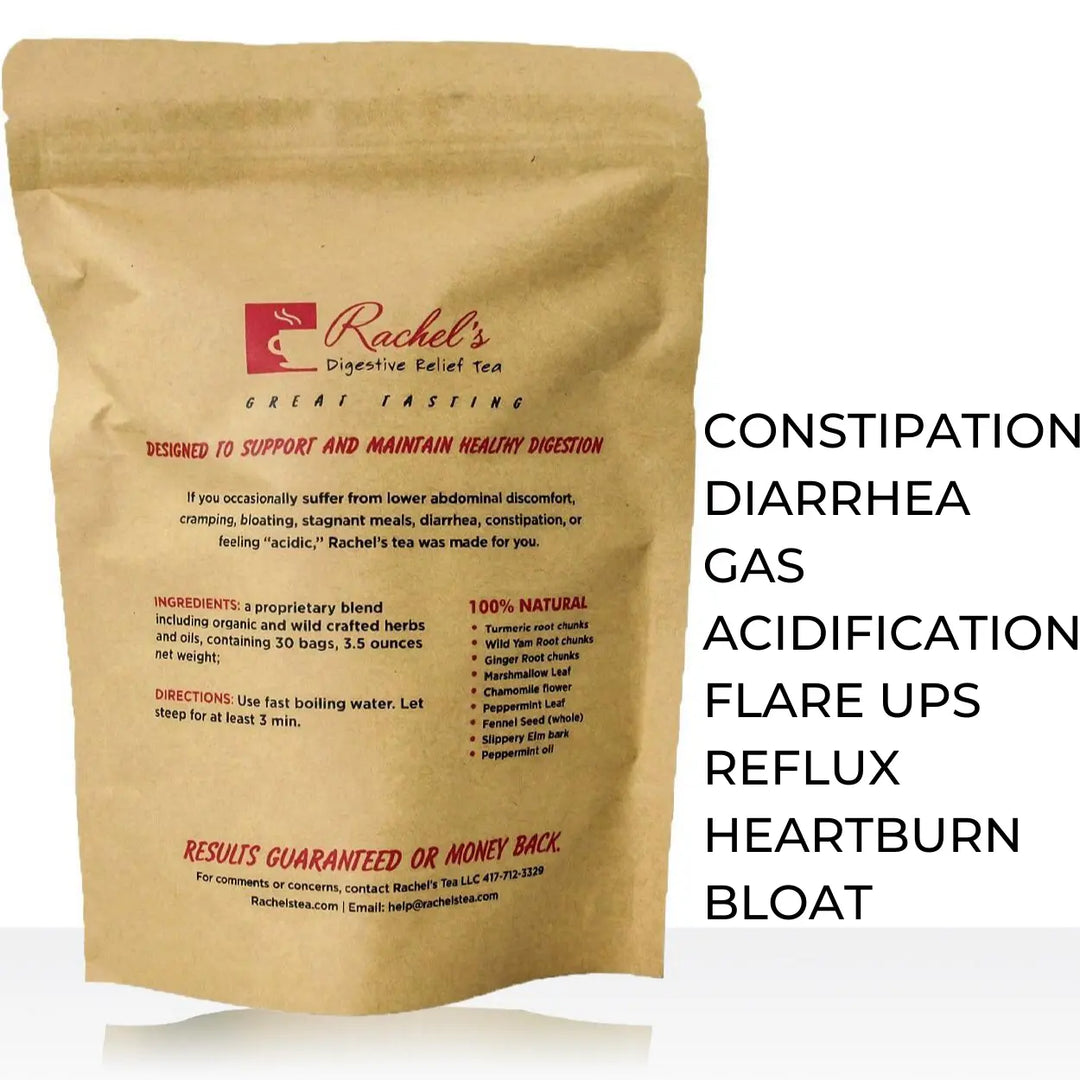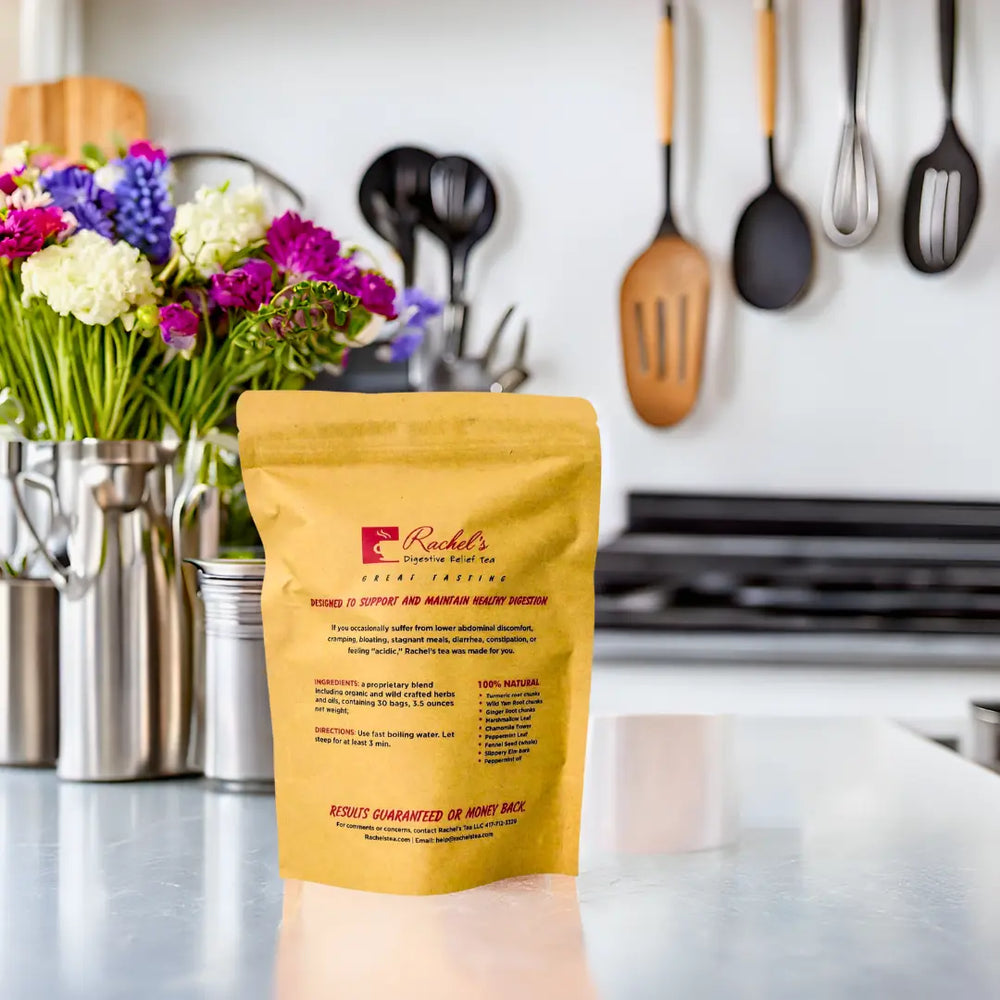Diet Plan for Constipation: Foods, Tips & Healthy Habits

No one likes to think, let alone talk, about constipation, but almost everyone has it at one time or another. Constipation is a very common digestive issue. Almost everyone experiences it at. Almost 40 million people in the U.S. have it. Are you struggling with tummy troubles? You are not alone. But the good thing is that constipation is temporary and does not last long. It can be improved with dietary and lifestyle changes.
Today, we will explain how diet affects digestion and how certain foods can support regular bowel movements.
How diet affects constipation
Are you experiencing constipation? Your eating habits play a major role in your digestive system functions. If you adjust your diet, it relieves your symptoms and promotes easy bowel movements.
Keep reading for more tips to follow a diet plan for constipation problems.
Role of Fiber in Constipation

Fiber intake is connected to digestive health. You can also go for natural remedies to get rid of constipation. This relationship is different for everyone. The relationship between fiber and constipation is complex. In some cases, people with chronic constipation benefit from eating dietary fiber. In other cases, research suggests some people go on a low-fiber diet. If you have chronic constipation and your current diet does not include much fiber. Then, your doctor suggests you eat more fiber-rich foods. These include:
-
Legumes: navy beans, chickpeas, lentils, pinto beans
-
Vegetables: leafy greens, avocado, sweet potatoes, squash
-
Fruits: apples, pears, berries, dates, and prunes
-
Seeds: chia seeds, pumpkin seeds, sunflower seeds
-
Nuts: almonds, pistachios, pecans, peanuts
-
Whole Grains: oats, quinoa, wheat bran
Herbal teas also help a lot in constipation. To get more information read, Top 10 Benefits of Herbal Teas for Constipation.
Understanding Trigger Foods & Eating Patterns
Here at Pain Free Foods, we want to help you figure out a diet plan for constipation problems. We believe that inflammation of the colon that leads to constipation problems is caused by eating foods we call “Catalyst Foods” and “Trigger Foods”. I have even asked myself: “What reaches our colons that could be causing the inflammation leading to chronic constipation?” Our belief is that it had to be either stomach acid or food, since that is the only two things that reach the colon. As it turns out, it is both that may be causing the inflammation and damage. Does this sound like you? Are you eating the same foods the same way, but hope to somehow get better?
How Avoiding Trigger Foods Reduces Symptoms
We believe that the inflammation that leads to constipation is completely preventable and reversible when we stop eating in a way that causes the inflammation in the first place. I do not call this a cure but rather, an “elimination of symptoms.” With the few facts above, it doesn’t take a medical degree to see that the over/under production of acid (and bad food combinations) may well be what is causing the inflammation leading to constipation. Could avoiding five “trigger foods” and “catalyst food” mixes be the solution? Here at Pain Free Foods, we are confident that it is.
Natural Support Options for Digestive Comfort

If following a diet plan for constipation problems is too difficult for you, we also have a solution for that. I bring to the table Slippery Elm capsules. Slippery Elm contains ingredients that soothe irritation and inflammation of the mucous membranes of the digestive system. There is one more question that arise with it, Is Slippery Elm best treatment for Heartburn and Acid Reflux? It works by trapping water, which then swells to bulk up the stool and develops a gel-like consistency. It provides a protective coating for the lining of the digestive tract. Slippery elm supplements contain mucilage, a substance that becomes a slick gel when mixed with water. It coats and soothes the
- Mouth
- Throat
- Stomach
- Intestines
It also contains antioxidants that relieve inflammatory bowel conditions. Slippery elm causes reflux stimulation of nerve endings in the gastrointestinal tract, leading to increased mucus secretion. The increased mucus production may protect the gastrointestinal tract against ulcers and excess acidity. To learn more about it, read Top 7 Reasons Why We Should Use Slippery Elm
Probiotics
Probiotics is another one of those more preventative constipation remedies. Rachel’s tea offers Rachel’s Pro 100’s which is one of the highest CFU counts on the market for bacterial strains of probiotics. But, Can Probiotics Be Used for Constipation, Diarrhea and IBS? They are also acid resistant, meaning they will make it through the digestive process without being destroyed to colonize effectively in your gut. To know more about probiotic supplements read, What Are Probiotic Supplements and Why Should We Use Them.
Related articles:
Building a Sustainable Diet Plan for Constipation
If you would like to start your journey to better digestive health, please join us, we have helped hundreds of thousands just like you who are suffering and in pain. Please check out our website at https://rachelstea.com/ for more information on how you can eliminate your constipation symptoms and start a diet plan for constipation problems today!












